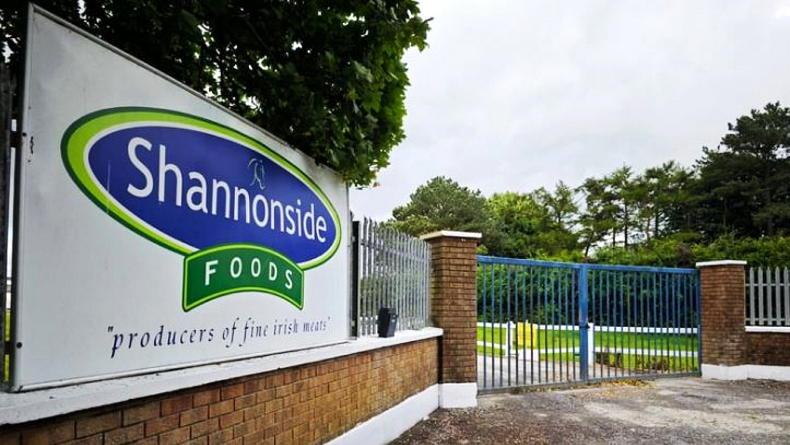THE operator of the former equine abattoir at Straffan, Co Kildare, has been convicted and fined on charges related to the fraudulent identification of horses destined for human consumption.
Following an investigation by the Department of Agriculture, Food and the Marine, Shannonside Foods Ltd, its director John Joe Fitzpatrick of Montpelier, O’Brien’s Bridge, Co Limerick, and his son, Mr Arrann Fitzpatrick, pleaded guilty to offences under the European Union (Identification of Equidae) Regulations 2016 at Limerick District Court before Judge Michael Ramsey on Friday.
The company pleaded guilty to possessing a forged horse passport for an equine being presented for slaughter in June 2021.
The court heard that a passport presented for the animal had false health information stuck into the passport to obscure the fact it was not fit for human consumption.
This was spotted by Department staff present on slaughter day. It did not enter the human food chain.
John Joe Fitzpatrick pleaded guilty to multiple counts of possession of a horse passport in circumstances where he was not the keeper, owner or person in possession or charge of the animal to which the passports related. Arrann Fitzpatrick and Shannonside Foods Ltd also pleaded guilty to a single charge each under Regulation 38(1) of the 2016 Regulations.
Judge Ramsey ordered a €3,000 fine against John Joe Fitzpatrick, a €1,000 fine against Mr Arrann Fitzpatrick, a €2,000 fine against Shannonside Foods and that a €1,500 contribution be made towards the Department’s legal costs.
Charges
The charges pre-date the events in 2024 which saw the company feature in the RTÉ Investigates programme Horses: Making a Killing and resulted in the withdrawal of the plant’s licence.
Kieran Sheehan, Assistant Principal Officer of the Department’s Investigation Division, said all horses had to have an equine passport under EU law to prevent unsafe meat from entering the food chain.
He told the court the improper identification of these animals was a serious matter for human health but there were financial motives behind it.
“A horse that is not fit for the food chain is essentially worth nothing, or worse than nothing if you have to dispose of it in a regulated knackery it will cost you €170. But if it is deemed fit for human consumption it is worth money,” he said.
A spokespoersin said The Department of Agriculture, Food and the Marine welcomed the decision of the court. “The Department takes the integrity of the food chain very seriously and the convictions and penalties served send a clear message that any person or business who engage in illegal behaviour that bring food chain risks will face consequences for their actions,” they said.
